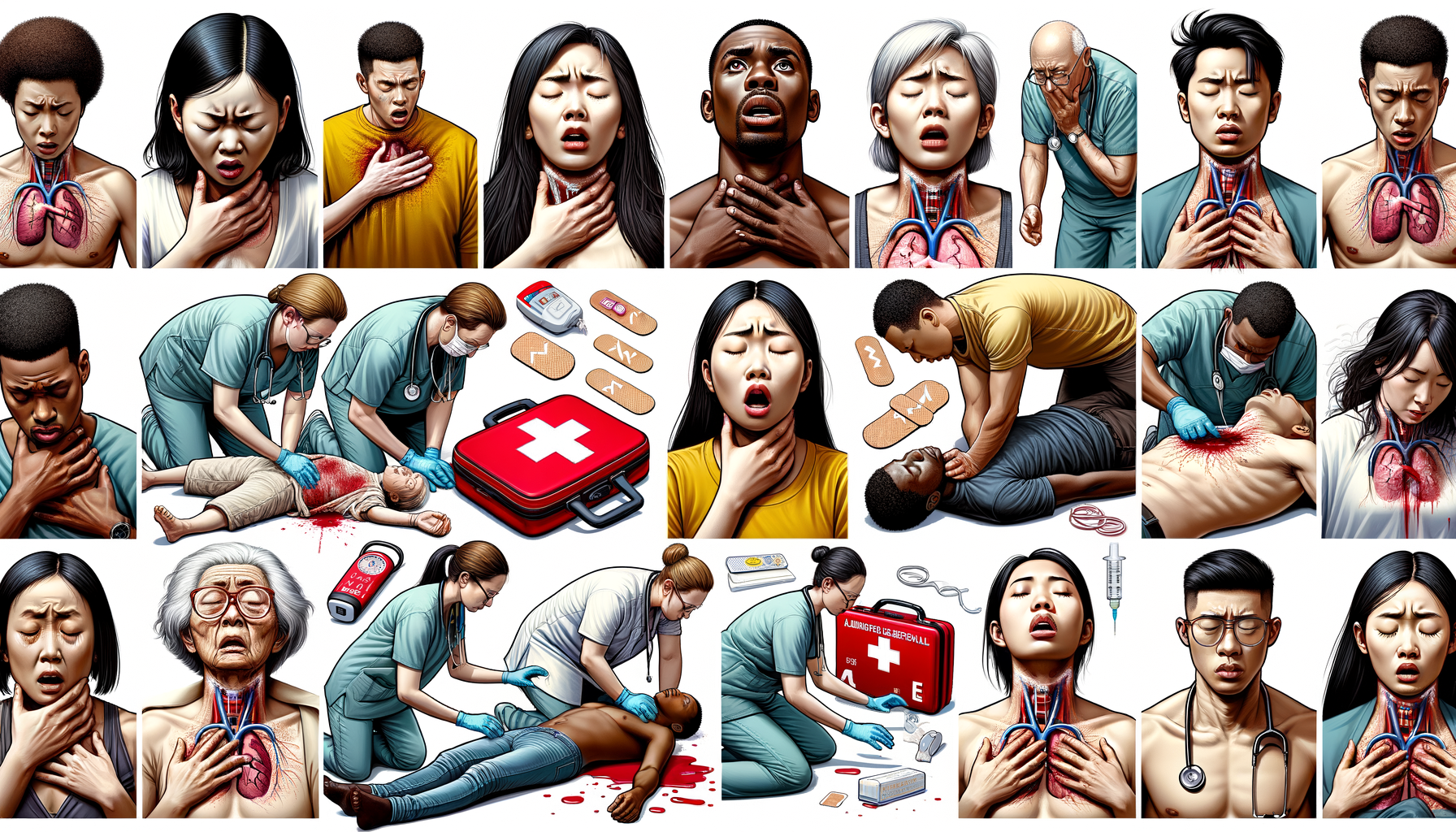
Life can throw curveballs at us when we least expect it, and sometimes those surprises come in the form of medical emergencies. If you happen to be in Korea or among Korean-speaking folks when urgency strikes, being able to express yourself in Korean can be a real lifesaver—even if you’re just starting out with the language.
Korean is a fascinating language that people often fall in love with through K-Dramas, K-pop, or simply by exploring a new culture. Knowing how to navigate health situations or call for help in Korean not only gives you peace of mind but also brings you closer to understanding everyday life in Korea.
Basic First Aid and Emergency Terms
Below are a few terms you might need in an emergency. Even seeing them a couple of times helps them stick in your memory:
응급실 (eung-geup-sil): emergency room
구급차 (gu-geup-cha): ambulance
응급 상황 (eung-geup sang-hwang): urgent situation
도와주세요 (do-wa-ju-se-yo): please help
++통증 (tong-jeung)++: pain
When you shout 도와주세요, you’re literally saying “Help me!” which can instantly alert bystanders. Don’t sweat the pronunciation too much—Koreans appreciate any genuine attempt to speak their language.
Common Health-Related Scenarios
진료 (jin-ryo) – medical examination
처치 (cheo-chi) – treatment
수술 (su-sul) – surgery
약 (yak) – medication
++휴식 (hyu-sik)++ – rest
You might hear a doctor politely say, “진료를 받으셔야 합니다,” meaning “You should get an examination.” Little phrases like these can help you move through hospital or clinic visits more smoothly.
Expressing Symptoms in Korean
Sharing your symptoms clearly is key to getting the right care. Here are some straightforward examples:
머리가 아파요 (meo-ri-ga a-pa-yo): my head hurts
배가 아파요 (bae-ga a-pa-yo): my stomach hurts
++숨쉬기가 어려워요 (sum-swigi-ga eo-ryeo-wo-yo)++: I’m having trouble breathing
알레르기가 있어요 (al-leo-gi-ga iss-eo-yo): I have an allergy
If your friend is dealing with soreness or an allergic reaction, a comforting phrase like “쉬는 게 좋을 것 같아요” (It might be good to rest) is often helpful.
In times of stress and confusion, being able to say even a few words in Korean makes a huge difference. It’s okay not to be perfect! By practicing these basic phrases, you offer a bit of relief to yourself and those around you when quick help is needed.
Conclusion: Emergencies are never fun, but taking a moment to learn a few Korean expressions can bring a sense of security and connection. Remember, staying calm and communicating—whether with simple words or gestures—can turn a scary situation around. And hey, picking up bits of Korean can be enjoyable in its own right, especially with all the culture surrounding it. So give it a try, and don’t be afraid to make small mistakes. It’s all part of the journey!